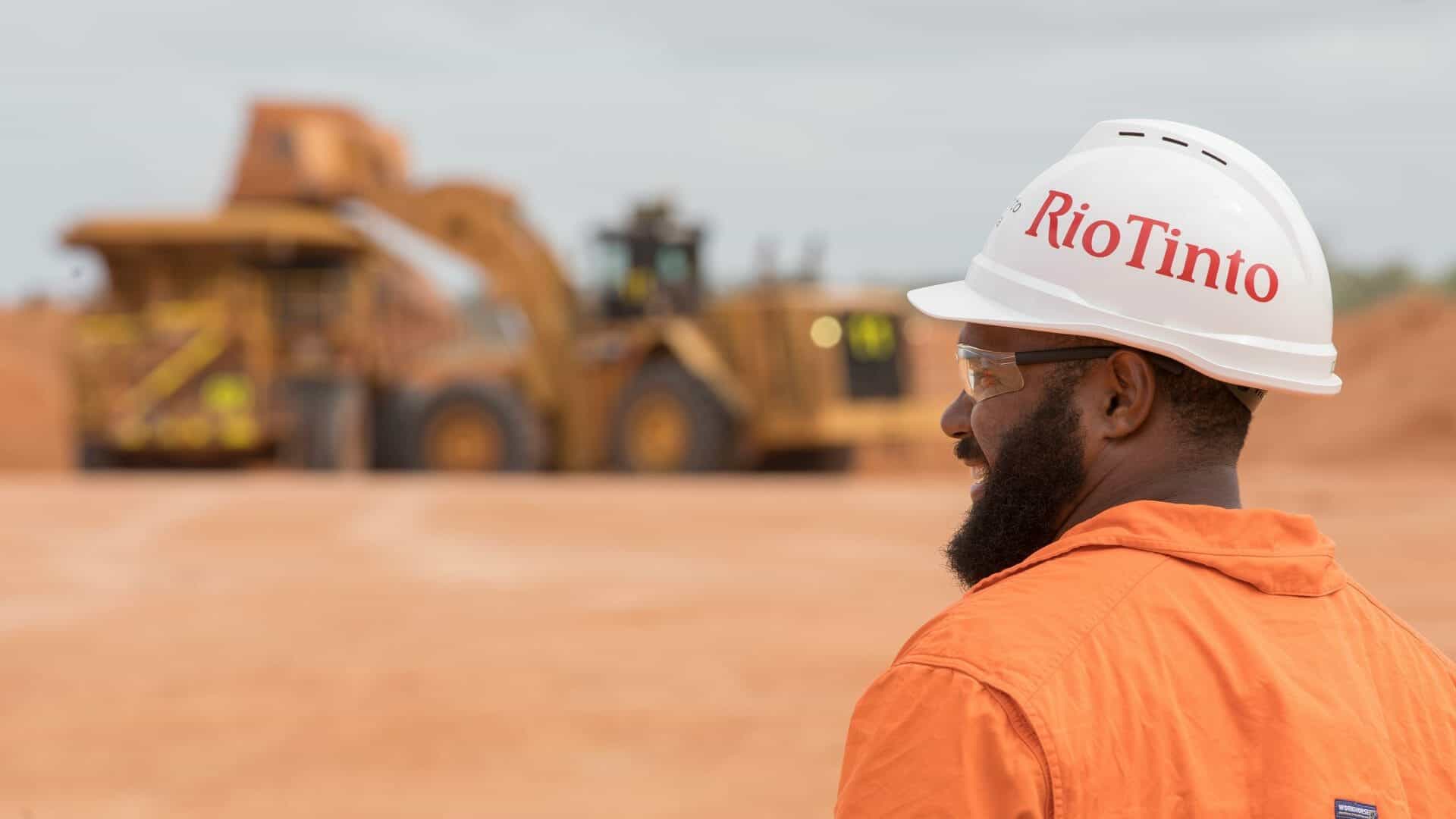Australia-based mining giant Rio Tinto on Wednesday announced plans to cut direct carbon emissions 50 percent by 2030, ramping up previous targets as the firm tries to green its highly polluting operations.
Rio Tinto said it would spend around $7.5 billion from now until the end of the decade to cut so-called scope one and two emissions — from mining operations and power consumption.
“Governments are setting more ambitious targets and accelerating actions on climate change,” a statement said, stressing the firm’s need to “stay relevant”.
“Society at large is also demanding companies take more action to decarbonize.”
The mining titan has faced criticism for years over the pollution generated by its operations, including poisonous waste at a mine in Papua New Guinea.
Consultants at McKinsey have estimated that mining accounts for around 4-7 percent of global greenhouse gas emissions.
But the figure rises to almost one-third of the global total when indirect emissions — which are not included in Rio Tinto’s target — are taken into account.
They include emissions from others burning the mines’ coal or using its iron ore to make steel.
Rio Tinto’s pledge comes just weeks before a major international climate summit in Glasgow, aimed at decarbonizing much of the world by 2050.
The 2030 target, which Rio Tinto said was a tripling of its previous aim, will heap pressure on Australia’s government to follow suit.
Prime Minister Scott Morrison has reluctantly embraced a 2050 carbon-neutral target after years of foot-dragging, and under diplomatic pressure from the United States and other allies.
But he is also under pressure from pro-coal coalition partners, and has so far refrained from setting a new 2030 target.
Morrison has a minuscule parliamentary majority and faces a tough reelection battle, meaning he is unlikely to go to Glasgow with a meaningful short-term target in his pocket.
Critics say this raises the prospect of the issue being kicked to the next generation of Australian leaders and making the 2050 target less likely to be met.
Australia is one of the world’s largest coal and gas exporters and its economy is highly reliant on the mining sector.
Greenpeace Australia-Pacific praised Rio Tinto’s decision “as an indicator of rapidly building corporate momentum on emissions reduction”.
“We’re now seeing one of the biggest polluters in the country outstripping the Federal government in its climate commitment,” Greenpeace said.
“Scott Morrison’s weak climate targets aren’t fit for purpose as the business energy transition leaves them in the dust.”








